|
Kia ora tatou and welcome to this week’s New Zealand newsletter.
The notion of academic freedom is sometimes used as an excuse to allow people to say what ever they want. This week, Dominic O'Sullivan examines the debate about white supremacy posters at the University of Auckland campus, and he writes that both free speech and academic freedom are limited by hate speech and that racism is intolerably wrong because it causes serious harm to its targets.
The Climate Explained series continues this week with AUT’s David Hall’s piece about climate change denial, in which he makes the distinction between personal denial, usually a conflict between facts and values, and institutional denial, which involves the deliberate obfuscation of facts despite better knowledge. He also suggests how to encourage climate change deniers to change their position.
And also at AUT, Rachel Morrison has previously written about the negative effects of open-plan offices, and this week, she looks specifically at how women working in open-plan workspaces are more likely to feel watched and judged by appearance.
You’ll find a lot more to read in this newsletter and on the New Zealand page. Many thanks for your interest. If you know of colleagues or friends who might be interested, please feel free to pass this on. He mihi maioha ki a koutou katoa.
|
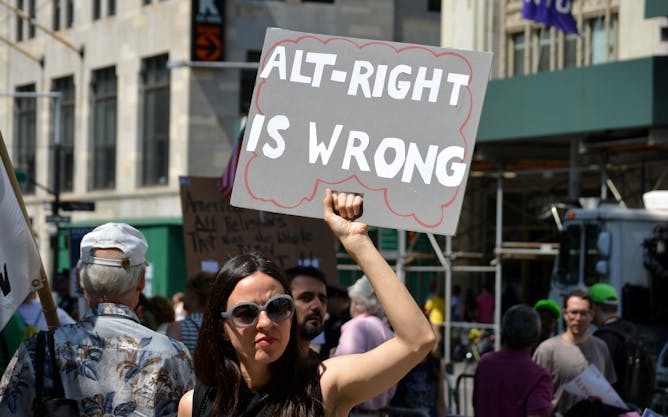
Academic freedom protects free speech, but also sets conditions.
from www.shutterstock.com
Dominic O'Sullivan, Charles Sturt University
Academic freedom protects free speech, but also conditions it. Knowledge cannot be tested and doesn’t advance if there isn’t also a duty to be well informed and reasoned.
|
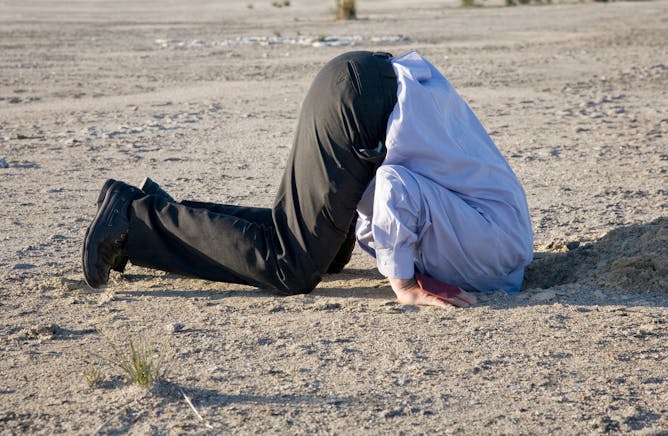
Even people who accept the science of climate change sometimes resist it because it clashes with their personal projects.
from www.shutterstock.com
David Hall, Auckland University of Technology
People are more likely to deny climate change if they're inclined toward hierarchy, have lower levels of education or are more religious. But the strongest predictor of denial is a person's politics.
|

Women are more likely to feel watched, exposed or more accountable in open-plan offices.
from www.shutterstock.com
Rachel Morrison, Auckland University of Technology
Some of the latest findings about open-plan offices suggest that staff satisfaction and privacy decrease, people become less friendly and women feel watched and appraised on appearance.
|
From The Conversation's international editions
|
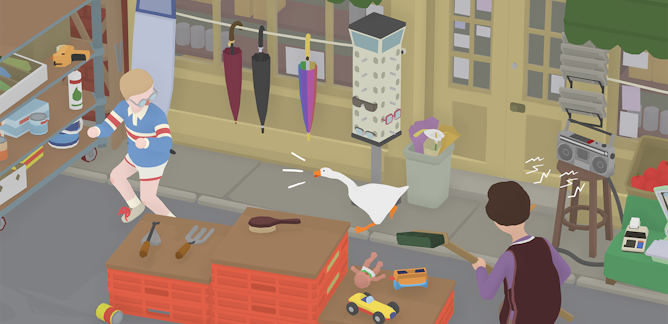
Luke Brook, Edith Cowan University
Untitled Goose Game is a global phenomenon out of an indie games house in Melbourne. Its success shows us where a little investment in games can lead.
| |

Marian-Andrei Rizoiu, University of Technology Sydney
Research shows that hiding the popularity of posts can change what people consume, and even improve the overall quality of content.
|

Tony Walker, La Trobe University
The US president's latest announcement portends a worrying outcome in a part of the world riven by years of conflict.
| |
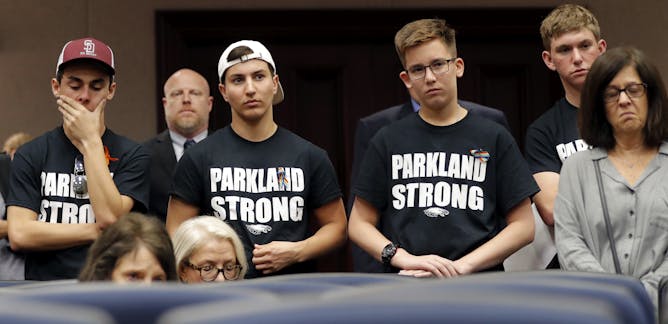
Tom Wickizer, The Ohio State University; Evan V. Goldstein, The Ohio State University; Laura Prater, The Ohio State University
A new study looks at whether deaths by suicide could be lowered with mental health care. To a small degree, yes. But a look at the costs suggests there may be better ways to prevent shooting deaths.
|
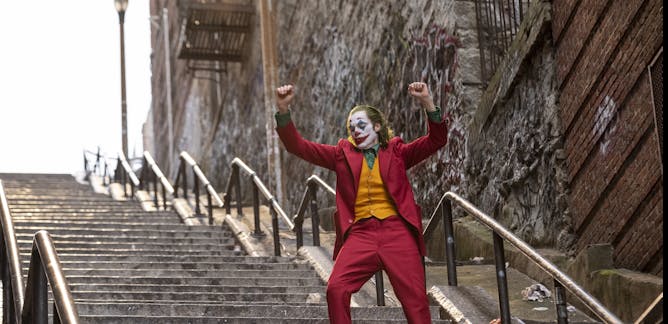
Maria Flood, Keele University
We don't want to have to think about our role in creating the individuals who commit violence. Amazingly, Joker asks us to.
| |

Luthfi T. Dzulfikar, The Conversation
Scholars propose a new education system centred on human development to end hazing rituals in Indonesian universities.
|
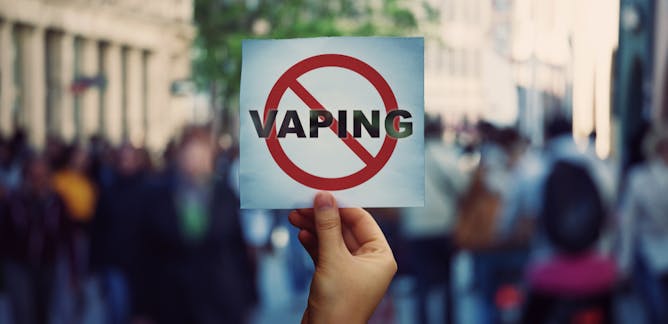
Beladenta Amalia, Universitat de Barcelona
Here are some immediate actions need to be made to avoid the unprecedented youth vaping epidemic in Indonesia.
| |

Bill Flanagan, Queen's University, Ontario
There are a lot of reasons to criticize Prime Minister Justin Trudeau's handling of the SNC-Lavalin file. But on the matter of saving jobs, he got it right.
|
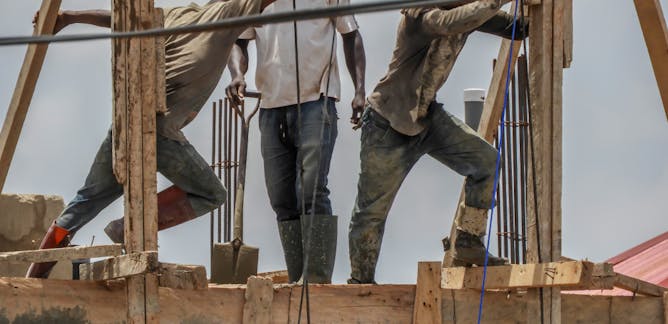
Lewis Abedi Asante, Humboldt University of Berlin
Protests in Ghana are often misunderstood which is why the root causes need to identified.
| |
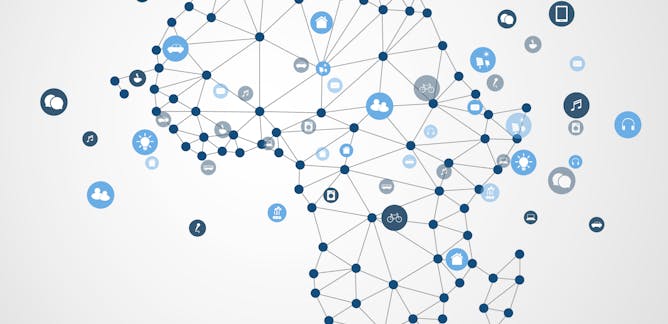
Ozayr Patel, The Conversation
Cloud computing can play a crucial role in helping African countries reach sustainable development.
|
|
|